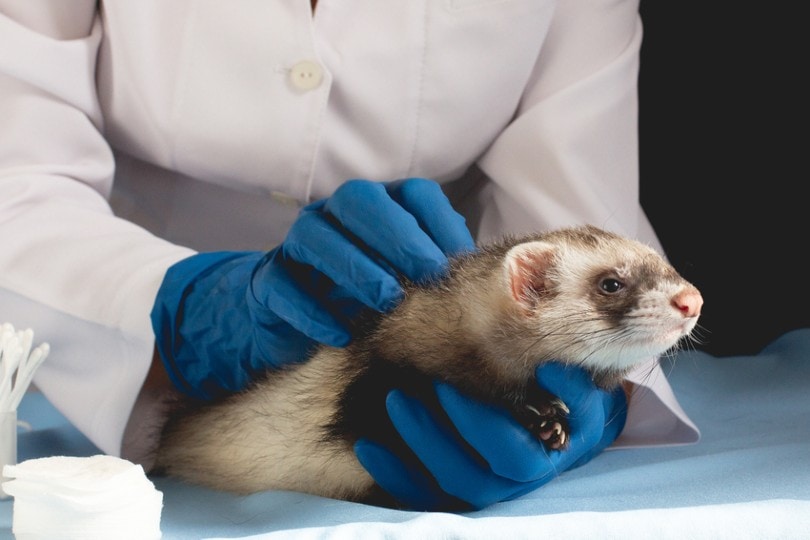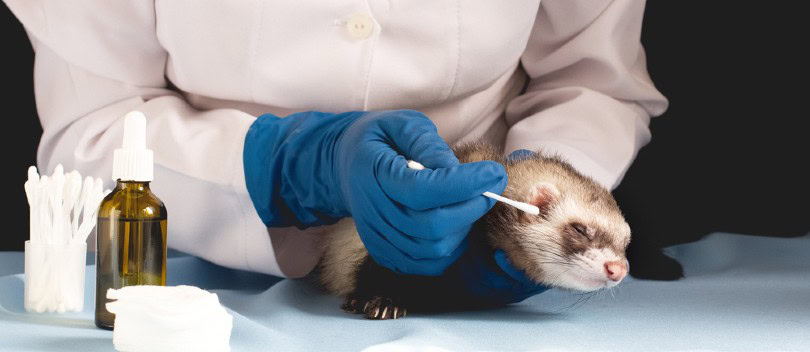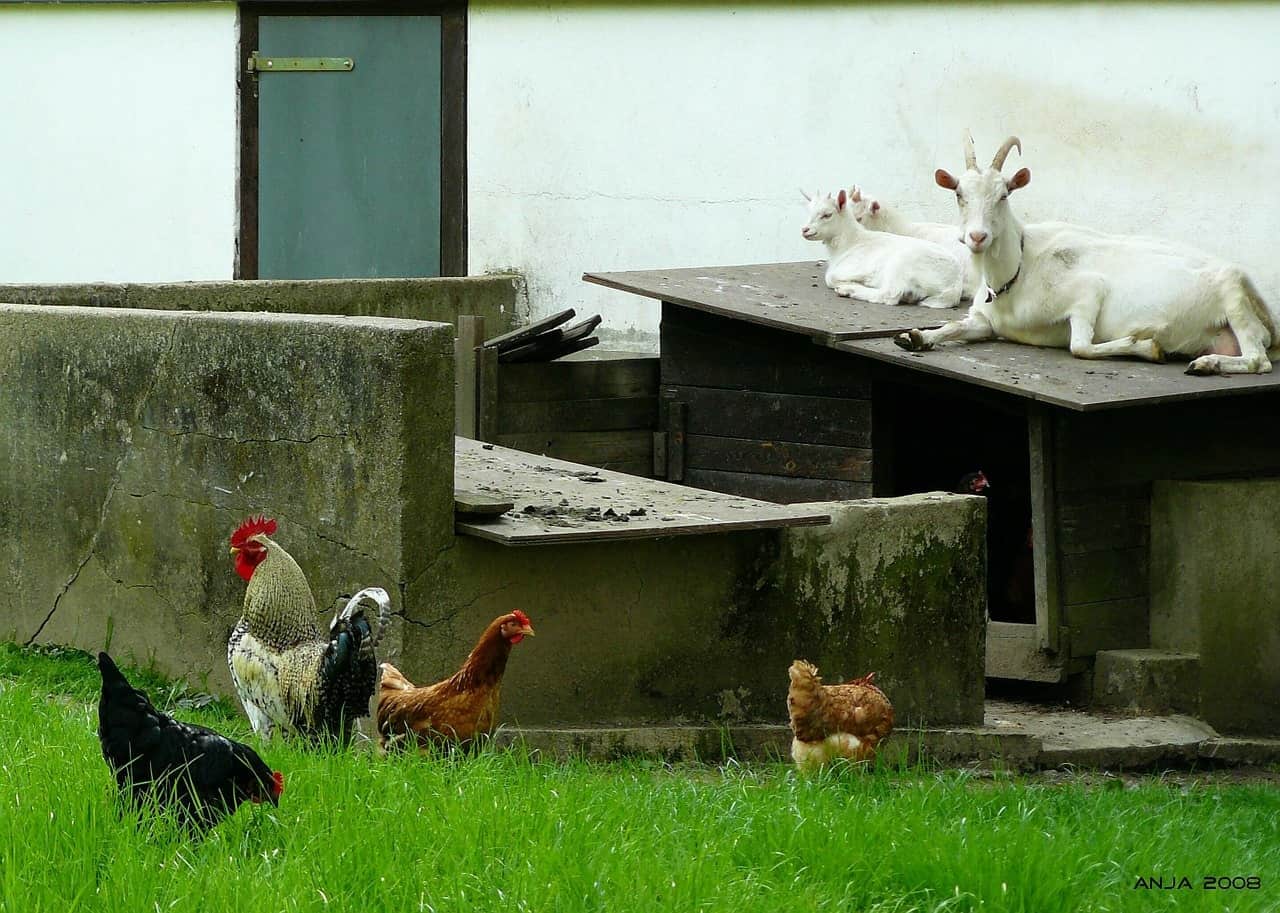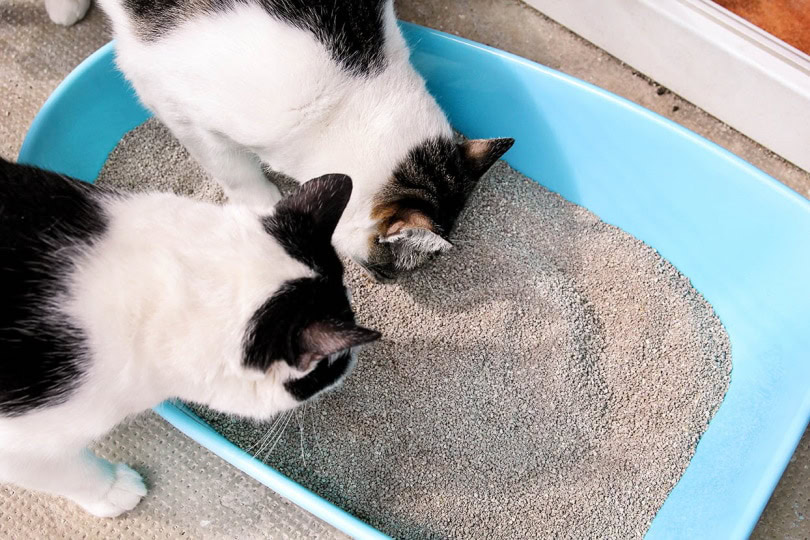VET APPROVED

The information is current and up-to-date in accordance with the latest veterinarian research.
Learn more »Click to Skip Ahead
It’s no secret that owning small animals like ferrets means your home will be a little smelly. Ferrets give off a natural musky odor that can be off-putting to some pet owners. This scent can be so unpleasant to some people that they consider getting a descenting procedure. Descenting is common throughout most of North America but illegal in most European countries. Given its polarizing reputation, you might wonder if this procedure is something you should consider for your animal.
Keep reading to learn all about descenting a ferret and why it’s wrong.

What Is the Descenting Procedure?
Ferrets are born with the capacity to emit a strong odor through their anal glands. Like skunks, ferrets often emit this odor when it feels strong emotions like fear or anger. It’s like their natural defense mechanism.
The descenting procedure aims to remove these glands surgically. By removing the glands, ferrets can no longer expel the burst of strong odor. Most of the ferrets you see in American pet stores have already been descented.
Why Is the Descenting Procedure Wrong?

The descenting procedure is wrong because it doesn’t do what it claims it will. The classic musky ferret smell is not emitted by the animal’s anal glands but by sebaceous skin secretions. And even if the scent came from the anal glands, domesticated ferrets don’t experience danger daily, so the chances of them emitting the odor at home are slim.
Descented ferrets are at an increased risk if they were to escape your home. Since their main line of defense has been surgically removed, your pet will have less to defend itself with.
The American Ferret Association (AFA) strongly opposes the practice of descenting ferrets unless the animal’s health is at risk. They believe this procedure gives potential owners the false impression that their pets won’t smell. This inaccurate labeling is often used as a selling tool to lure uneducated consumers into ferret ownership.
Some veterinarians and breeders believe that descenting a ferret is akin to mutilation. As with any other surgical procedure, descenting is not a walk in the park. Your ferret will need to be put under general anesthetic and go through a recovery period post-op. In addition, the surgery may lead to complications like abscesses and incontinence, which can be avoided by simply not performing it.
How Can I Control My Ferret’s Smell?
There are several things you can do as a ferret owner to keep the strong smell at bay that does not include descenting it.
First, ensure you’re cleaning its ears often, as they can get waxy fast and cause quite a stench. Next, use a designated product, such as Professional Pet Products’ Ear Cleaner, as it can promote healthy ear tissue and may even prevent mite infestations. Use a moistened Q-tip to get into the outer ear’s nooks, but never insert it into your pet’s ear canal.
Next, bathe your ferret occasionally. Baths that are too frequent can make your pet smell worse as it rids their skin with its natural oils. This can cause dry skin, making their glands work twice as hard to keep up with oil production, thus making the smell stronger. Aim to bathe yours once every 2 months. We recommend using a ferret-specific shampoo like Marshall’s No Tears Formula, as it’s pH-balanced for ferrets.


Final Thoughts
Descenting a ferret is an unnecessary procedure that will not achieve what it sets out to do. Ferrets are naturally smelly animals, and if you don’t want that musky scent in your home, you’re better off adopting a different, less-smelly pet.
- Related Read: Do Skunks Make Good Pets? Legality, Ethics & FAQs
Featured Image Credit: Couperfield, Shutterstock










